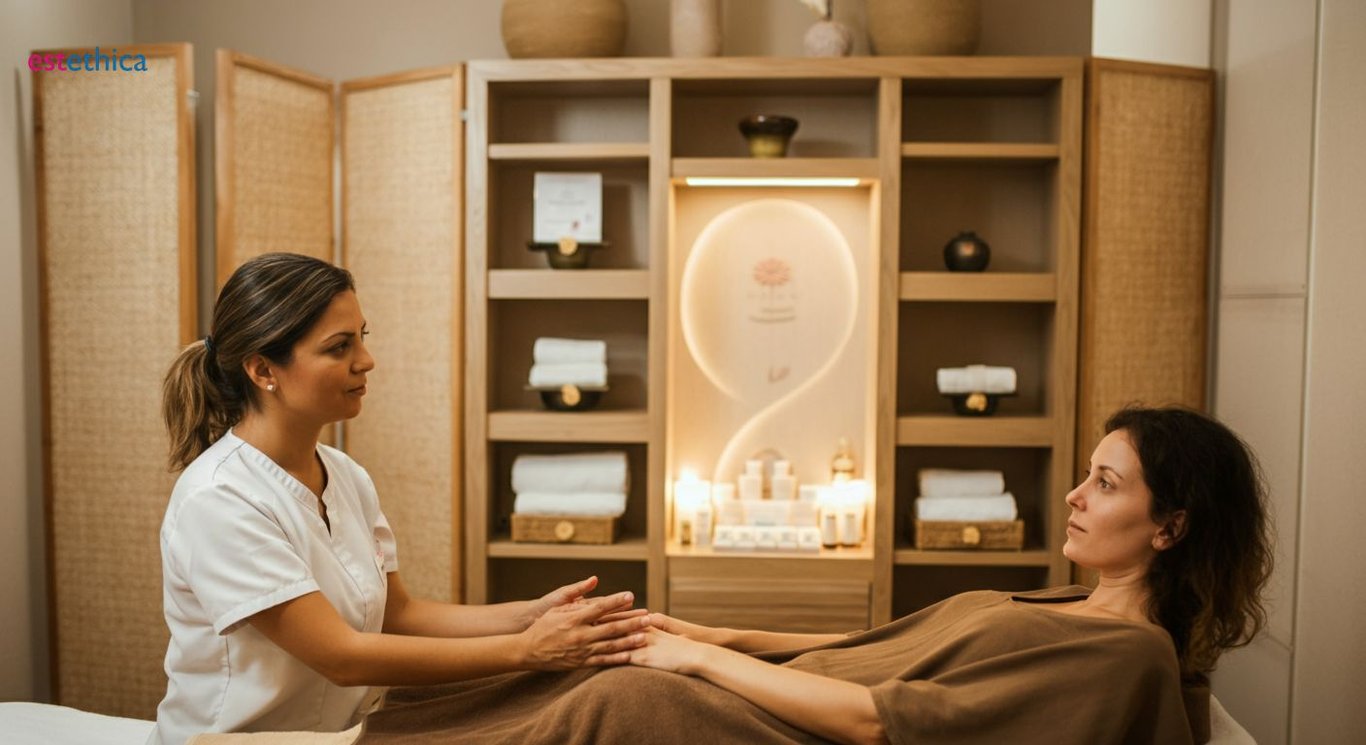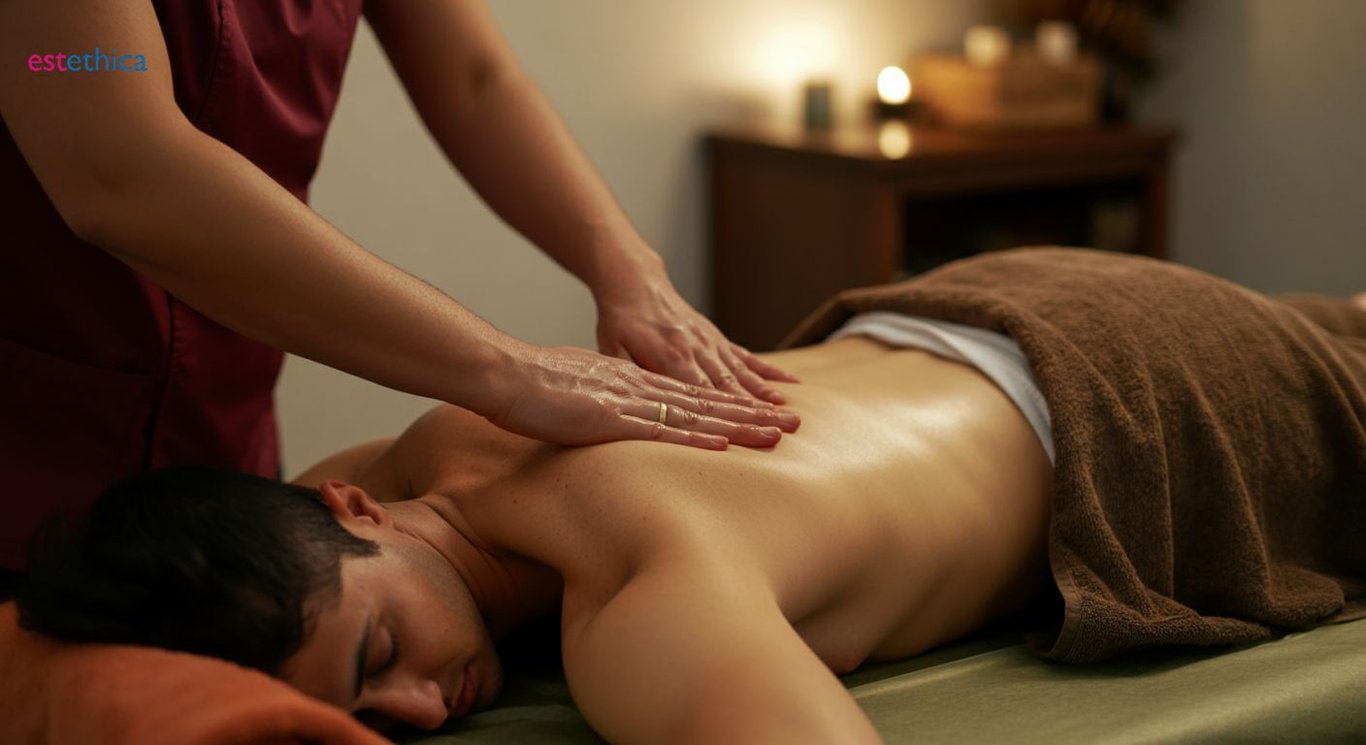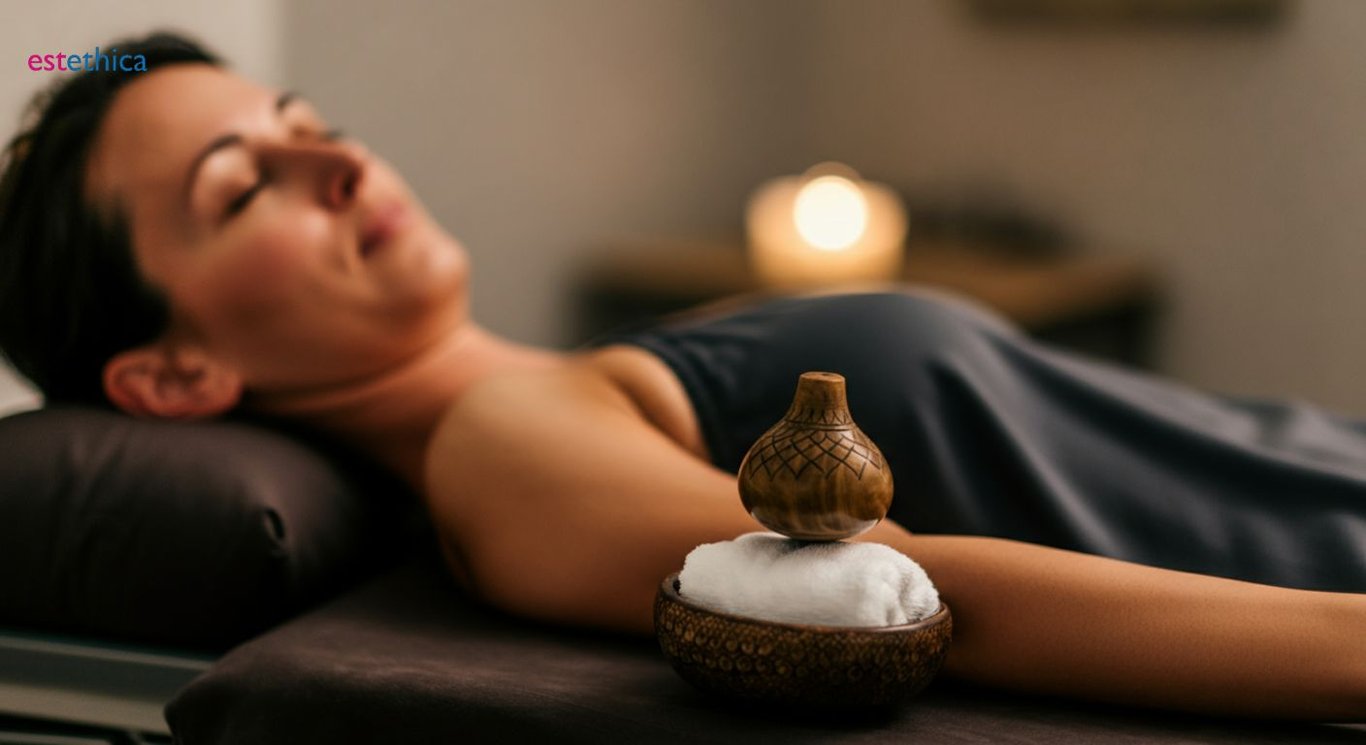Unlocking the Secrets of Massage Therapy for a Healthier Life
Discover the transformative power of massage therapy for stress relief and holistic wellness.
Massage therapy is a holistic approach that has been cherished for centuries as a powerful tool for improving physical and mental health. This ancient practice involves skillfully manipulating the body's soft tissues to relieve pain, foster relaxation, and promote overall wellness. In today’s fast-paced world, where stress and anxiety are rampant, massage therapy offers a sanctuary, providing much-needed relief and balance.
Understanding the depth and breadth of massage therapy can significantly enhance your approach to health and personal care. From understanding what massage therapy truly entails to leveraging it for stress relief, choosing the right therapist, and navigating the search for quality services, this guide aims to unlock the secrets of massage therapy for a healthier life.
What is Massage Therapy and How Does It Work?
Understanding the Core Techniques of Massage Therapy
Massage therapy, a practice steeped in ancient traditions, focuses on manipulating muscles and tissues to promote overall well-being. Central to its philosophy is the concept of qi, a vital life force energy that flows through the body. In Chinese medicine, maintaining a free flow of qi is essential for optimal health, as blockages can lead to discomfort or illness. Massage therapy employs various techniques to unblock and enhance qi flow, thereby improving circulation and reducing inflammation.
- Swedish Massage: Known for its gentle, long strokes, this technique is ideal for relaxation and stress relief.
- Deep Tissue Massage: Targets deeper muscle layers to alleviate chronic pain and tension.
- Gua Sha: Utilizes tools for gentle scraping to enhance circulation and reduce muscle tension.
Each technique offers unique benefits, catering to different needs and preferences. For instance, Swedish massage is particularly effective for relaxation, while deep tissue massage is beneficial for those with chronic muscle issues.
The Process of Enhancing Qi Flow Through Massage
- Assessment: The therapist evaluates the client's needs and identifies areas of tension or blockage.
- Technique Application: Appropriate massage techniques are applied to target specific areas and enhance qi flow.
- Feedback and Adjustment: The therapist adjusts techniques based on client feedback to ensure optimal results.
This structured approach not only addresses physical discomfort but also contributes to mental relaxation, making massage therapy a holistic treatment option. By understanding and utilizing these techniques, individuals can experience the profound benefits of massage therapy, such as improved circulation and reduced stress levels.

Top Benefits of Massage Therapy for Stress Relief
How Massage Therapy Enhances Mental and Physical Well-being
Massage therapy is renowned for its ability to alleviate stress and promote relaxation, both physically and mentally. One significant benefit is its ability to reduce muscle tension, cumbersomely working through muscle knots that accumulate due to stress or poor posture. These releases often lead to diminished pain and increased mobility. Additionally, massages can alleviate headache symptoms, particularly those related to tension and stress.
- Reduces muscle tension, leading to increased mobility and less pain.
- Alleviates headache symptoms, especially those caused by stress.
- Decreases cortisol levels, improving mood and immunity.
Regular massage therapy sessions are associated with reduced levels of the stress hormone cortisol, leading to improved mood and enhanced immunity. This makes it a potent integrative therapy in managing stress-induced conditions and boosting overall life quality.
Steps to Maximize the Benefits of Massage Therapy
- Schedule regular sessions to maintain reduced stress levels and muscle tension.
- Communicate with your therapist about specific areas of discomfort or stress.
- Incorporate relaxation techniques, such as deep breathing, during sessions.
By following these steps, individuals can enhance the effectiveness of massage therapy, ensuring a comprehensive approach to stress relief and overall well-being. This holistic method not only addresses physical discomfort but also contributes to mental relaxation, making massage therapy a valuable tool for stress management.

Choosing the Right Massage Therapist: Key Factors to Consider
Evaluating Qualifications and Specializations
When selecting a massage therapist, it's essential to assess their qualifications and certifications. Many regions mandate that therapists complete accredited programs and hold valid licenses. This ensures they possess the necessary skills and knowledge to provide effective therapy. Additionally, understanding the therapist's area of specialization can significantly impact your experience. For instance, some therapists may focus on relaxation techniques, while others specialize in therapeutic approaches for chronic pain management.
- Check for accredited program completion and valid licenses.
- Identify the therapist's specialization, such as relaxation or pain management.
- Consider additional certifications in specific massage techniques.
These factors can help you find a therapist who aligns with your specific needs, ensuring a more personalized and effective massage therapy experience.
The Importance of Personal Comfort and Referrals
Personal comfort with your massage therapist is crucial for a satisfactory experience. Feeling at ease allows you to communicate openly about your needs and preferences, enhancing the therapy's effectiveness. Seeking referrals from individuals who have had successful outcomes with therapists in your area can also be beneficial. Recommendations from reputable facilities or friends can guide you to skilled professionals who have a proven track record.
- Assess your comfort level during initial consultations.
- Seek referrals from trusted sources or reputable facilities.
- Evaluate feedback from previous clients to gauge therapist effectiveness.
By prioritizing personal comfort and leveraging referrals, you can make an informed decision when choosing a massage therapist, ultimately enhancing the benefits of your therapy sessions.

Finding Quality Massage Services Near You: A Step-by-Step Guide
Steps to Identify the Best Massage Services
Locating quality massage services involves several practical steps. Begin by researching local directories and wellness centers online using keywords such as 'massage therapy near me' or 'massage services [Your City].' It is wise to read up on reviews and ratings to gauge the reputation and service quality of prospective businesses. Additionally, personalized recommendations from friends and family can be invaluable. Upon narrowing down options, consider visiting these places in person to get a feel of the environment and assess the professional nature of the services offered. Ensure that the facility maintains proper hygiene standards and offers a consultation before creating a therapy plan personalized to your needs.
- Research local directories and wellness centers using relevant keywords.
- Read reviews and ratings to evaluate reputation and service quality.
- Visit shortlisted places to assess the environment and professionalism.
These steps can help ensure you find a massage service that meets your expectations and provides a beneficial experience.
Key Features of a Quality Massage Service
- Personalized therapy plans tailored to individual needs.
- Maintained hygiene standards ensuring a safe environment.
- Professional staff with relevant qualifications and experience.
By focusing on these features, you can identify massage services that prioritize client satisfaction and deliver effective therapy sessions.
Advanced Techniques in Massage Therapy for Enhanced Well-being
Choosing the Right Massage Therapist for Optimal Results
Frequently Asked Questions
What is massage therapy and how does it work?
What are the top benefits of massage therapy for stress relief?
How can I choose the right massage therapist?
What steps should I take to find quality massage services near me?
How can I maximize the benefits of massage therapy?
Discover the path to 'Healthy Beauty' with estethica's expert care. Contact us today for a free consultation and start your journey towards confidence and wellness.
📞 Call Now for Your Free Consultation